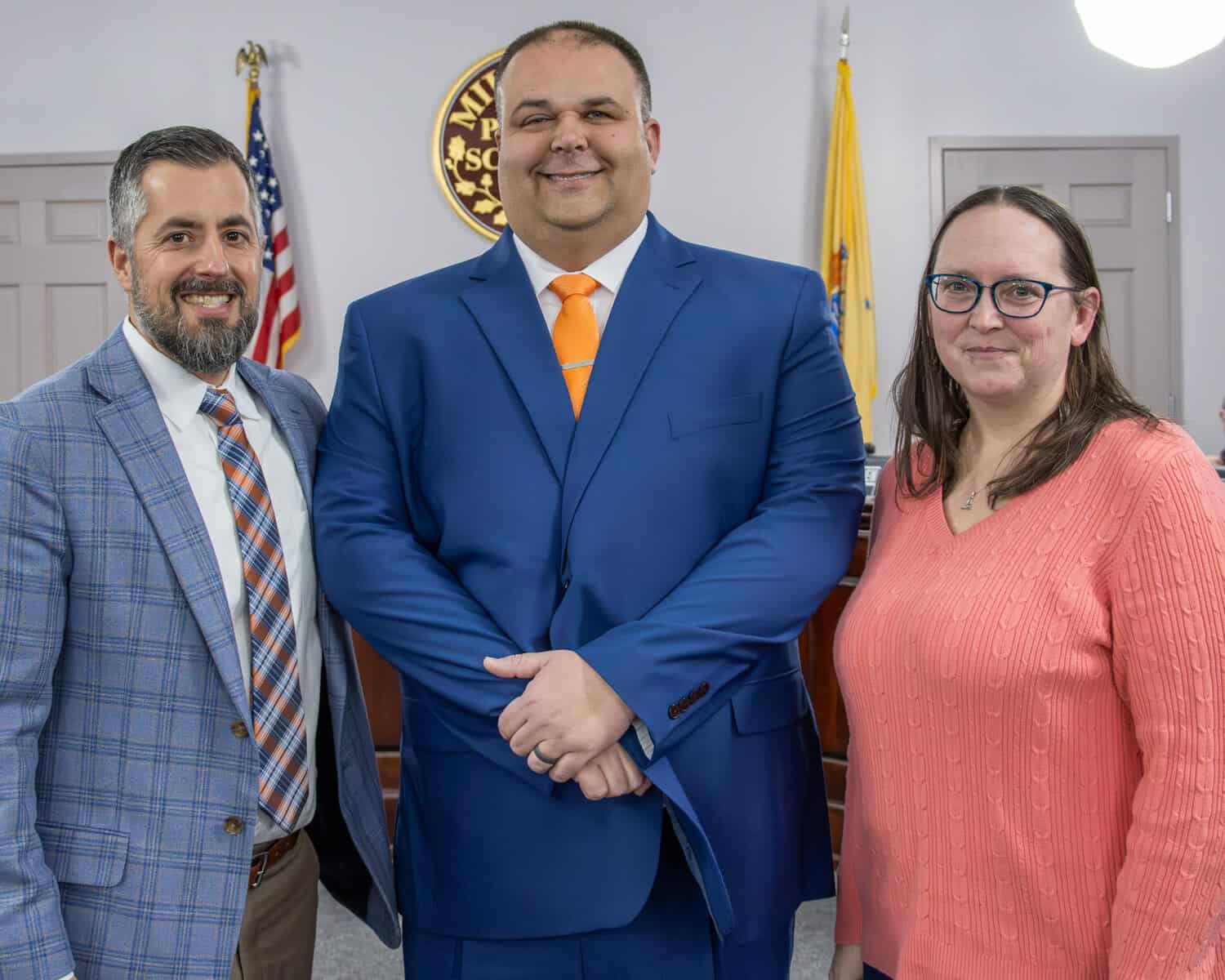Virtually Fit
Staying home doesn’t mean that you have to give up your exercise routines. Local gyms and studios have adapted with virtual workouts.

As we discussed in a recent SNJ Today cover story, “Takeout Only,” businesses are clearly suffering while trying to wade through the murky waters of our current health emergency. Some establishments have closed their doors permanently, some are shuttered for the time-being, while others have attempted to maintain business operations on a part-time basis.
To the consternation of many athletes and fitness buffs, gyms, fitness centers and yoga and martial arts studios were among the first businesses forced to close on March 16, when New Jersey Governor Phil Murphy issued Executive Order 104 “to mitigate community spread of
COVID-19.”
Owners and executive directors of these types of establishments, among others, are changing their business models—on the fly—and finding alternative ways to stay connected to their clientele and continue to garner the profits needed to stay open, during and post-pandemic.

Local personal trainers, fitness and Kung Fu instructors et al., are discovering the capability to teach their students and help them stay fit via virtual workouts.
Teaching and taking streamed classes online through video conferencing apps like Zoom, Blue Jeans, and TeamViewer, may be a bit unconventional for all parties involved, but is welcomed, nonetheless.
SNJ Today spoke with Master Chuck Vertolli Master Instructor/ owner operator, of Yi’s Karate Vineland as well as Jose Ledezma, Youth & Adult Healthy Living director at the YMCA and Christine Ward-Garrison, Communications and Development Coordinator (plus Spinning instructor), also of the Cumberland Cape Atlantic YMCA, to discuss their ways and means of helping their students and class participants stay in shape.
SNJ Today: How long after Gov. Murphy’s Executive Order 104 on March 16 did it take you to come to the decision that you would begin to stream classes online?
Master Vertolli: We started planning our virtual platform in the beginning of March because we felt a shutdown was imminent. We held our first virtual class on March 19.
Jose Ledezma: About three to five days after Gov. Murphy closed fitness centers, we realized we might be closed for a long period of time, so we decided to be proactive, and offer something more for our members during these difficult times.
 What kind of challenges are you discovering now that you’ve had to move your classes to an online format?
What kind of challenges are you discovering now that you’ve had to move your classes to an online format?
MV: First, of course were the technical challenges, we had to learn a lot very fast. Current challenges are presenting the material in a way that works for a variety of different types of learning styles.
JL: One of the biggest challenges we face after converting to virtual classes, is that not everyone has access to a mobile device to stream workouts.
Do you have the full array of classes that you normally would have had if your doors were still open to the public? If not, can you briefly share with our readers which classes you’re currently running?
JL: Because not everyone has access to equipment, some classes that we offered when the doors were still open to the public are no longer an option … We have however created … bodyweight workouts that require no equipment, as well as those that do require only one set of equipment, such as resistance bands, or a pair of dumbbells.
In addition, we have posted a ton of information for our members on our Facebook page, with additional resources [for] free workouts, tips, and guidance! Lastly, we try to reach our members and keep them updated via e-mail on a constant basis.
MV: We have actually added more types of classes to give our students more opportunities to train and also to broaden their knowledge of the martial arts, in general, and Tang Soo Do, specifically.
(Yi’s Karate has added classes ranging from basic to Character Talk sessions where the topics of history, philosophy, and Spirituality are discussed.)
Have you had to change your approach in the way you teach your classes now that they’re online?
JL: When I teach a class, I typically try to pick a spot with plenty of open space, so that my full body is able to be seen by my members. In addition, I want to ensure I get creative with the workouts, as there is a broad audience with members whom all may be at different physical levels trying out our workouts. For other instructors, I would say that they have tried to create a similar routine to what they used to have when the Y was open.
MV: Much of our art can be done without a “partner” or physical contact, but for the areas that do, we are developing various drills to compensate. We also have to be concerned with the amount of space our students have in their home environments and accommodate accordingly.
 How are your students adjusting to not having their normal, and possibly more comforting, face-to-face instruction?
How are your students adjusting to not having their normal, and possibly more comforting, face-to-face instruction?
CWG: Although my home’s technical limitations prohibit leading a group online, many of the class participants are in touch with me by text, e-mail, and phone. Everyone has said that they miss the special camaraderie of the Y, but they are making efforts to keep up with regular fitness.
The Y is offering a variety of online classes via several platforms for their use as well as reaching out to the broader community.
MV: While we haven’t seen all of our students in our live virtual classes, those we have are doing exceptionally well. I would estimate that we are able to instruct about 70 percent of our curriculum very well, about 15 percent half as well, and about 15 percent does not translate through a virtual platform.
That being said, we keep finding ways to improve our instruction in all these areas, and we will be implementing additional technologies, and offering supplemental instructional activities and platforms as long as we are under the Covid-19 mandates.
JL: I know our membership director [Donna Ocasio] has gotten great feedback with her classes! One of the benefits of all of our content, is [when] Donna does her classes “live” … on Facebook. Members can join her, and those who are unable to join her can try the workout later!
How are you personally handling the effects of our current health emergency?
CWG: Like most people, I am staying at home or wearing a mask when I go out, cleaning items brought into the house, keeping a set of shopping shoes outside the house, plus washing my hands constantly.
MV: We are viewing it as an opportunity to learn and grow. Finding new ways to teach the amazing martial art of Tang Soo Do, and finding ways to be more effective. While we are eager to get back to having classes at our Academy, we know we will continue to use a lot of what we have utilized during this time going forward.
JL: Personally, I’m doing alright myself. But one of the hardest things is not being able to physically see our members on a daily basis, along with staff members, and fellow directors. Everyone is a family at the Y. It’s not the same during the crisis, but we are doing our best to make the best out of the situation.
For more information about online programs run by the Cumberland Cape Atlantic YMCA and Yi’s Karate, visit vinelandymca.org and vinelandmartialarts.com.






